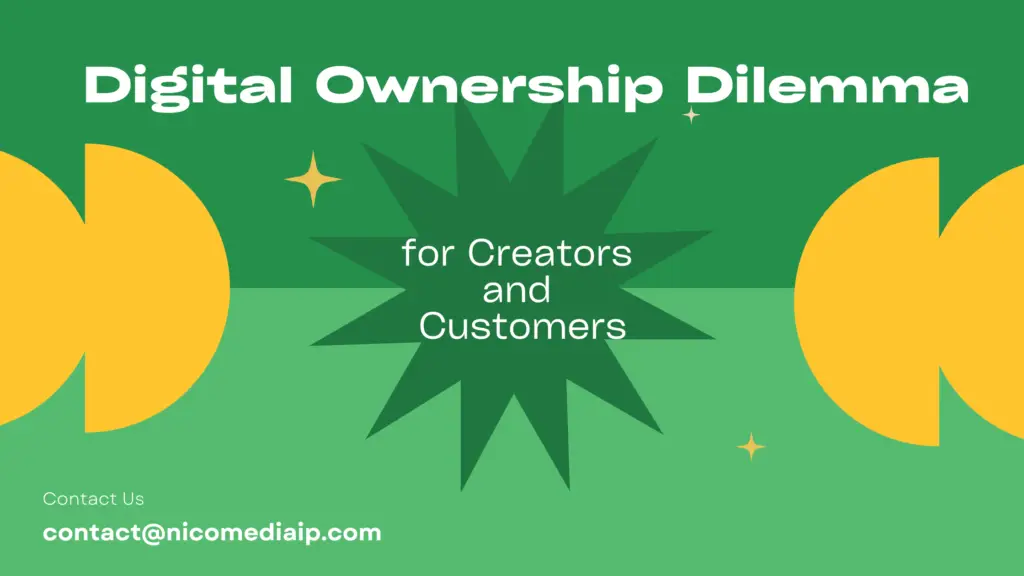In an increasingly digital world, the lines between owning something and licensing it can get blurry—especially when it comes to digital content. Whether you’re streaming music, downloading eBooks, buying digital artwork, or running a business selling online courses, it’s essential to understand what rights you actually have and what could get you in legal hot waters.
Read More: Licensing or Franchising : Which one is right for you?
What Is Digital Ownership—And Why It Matters to You
When you offer digital content, you’re not just selling a product—you’re licensing your content’s access. This gives your business powerful control over:
-
- How your content is used.
-
- Who can access it. and
-
- For how long, and under what conditions the consumer can access it.
Understanding this control is crucial. It determines how you price, protect, and scale your digital offerings.
Rights, Risks, and Smart Business : A case of due diligence

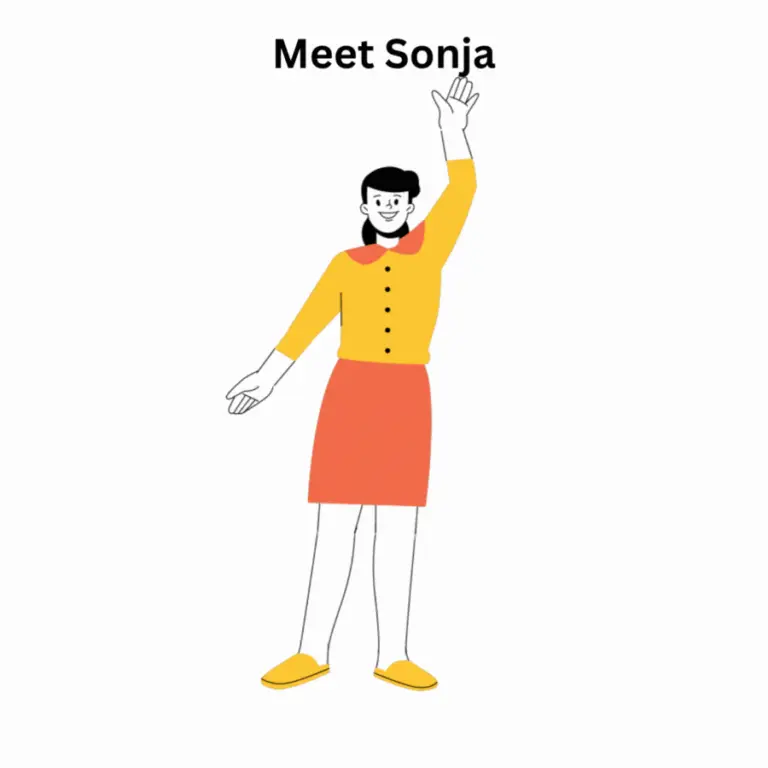


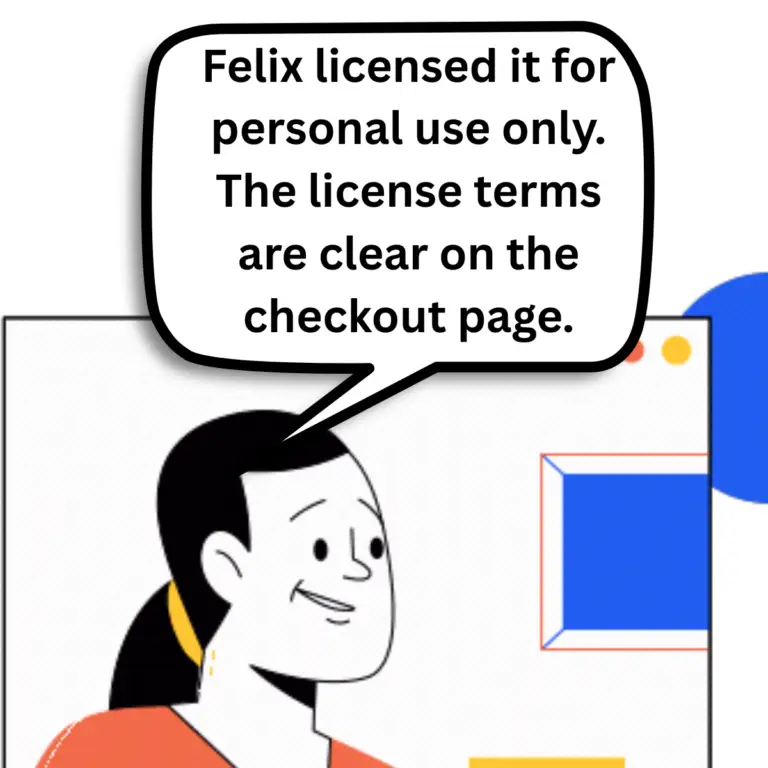
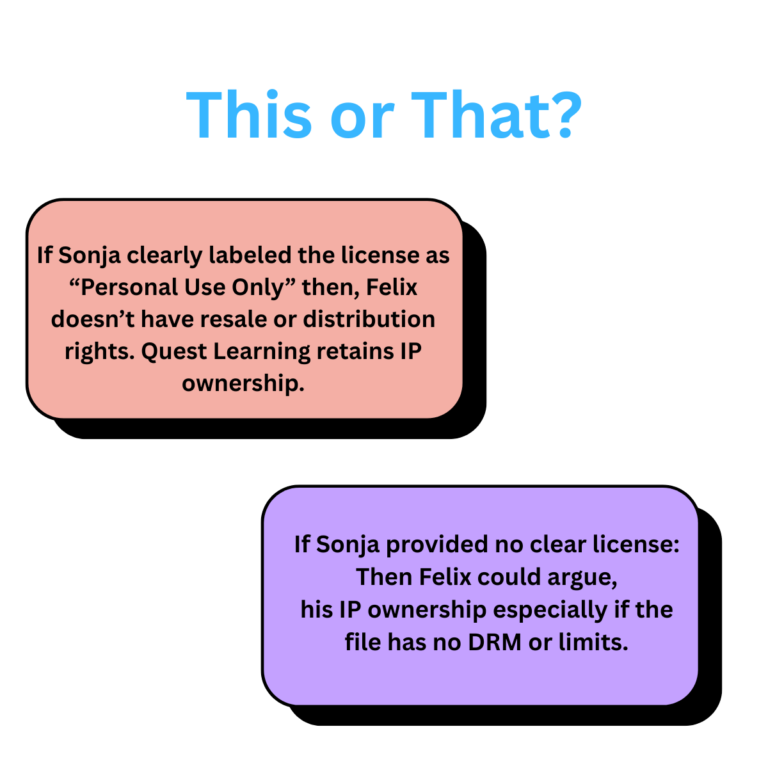
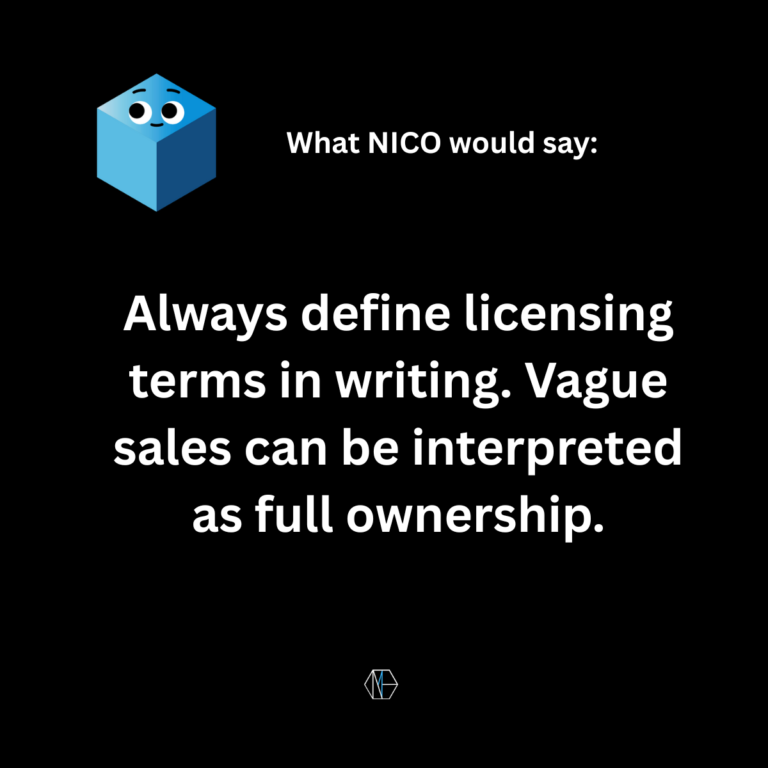

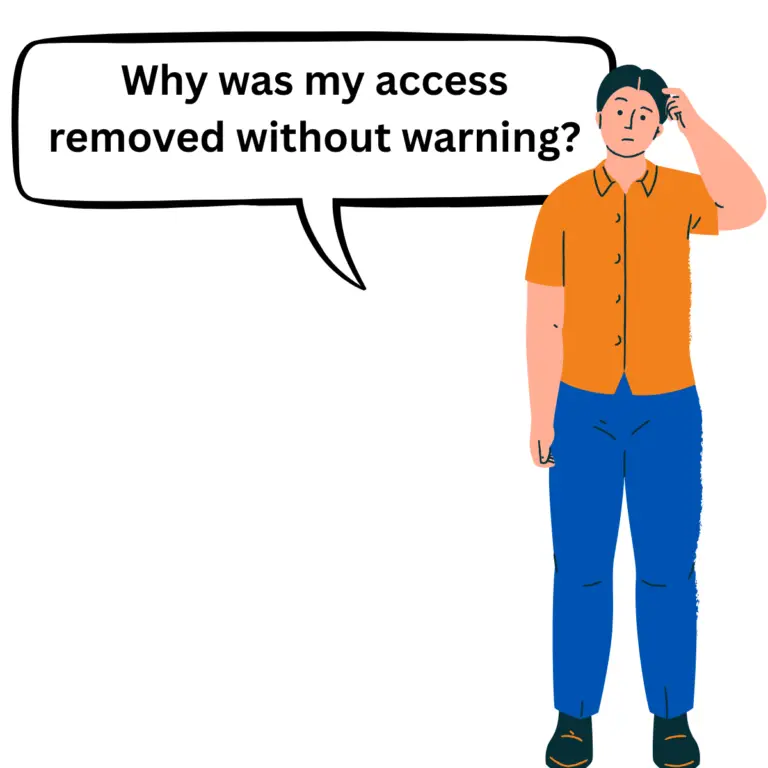
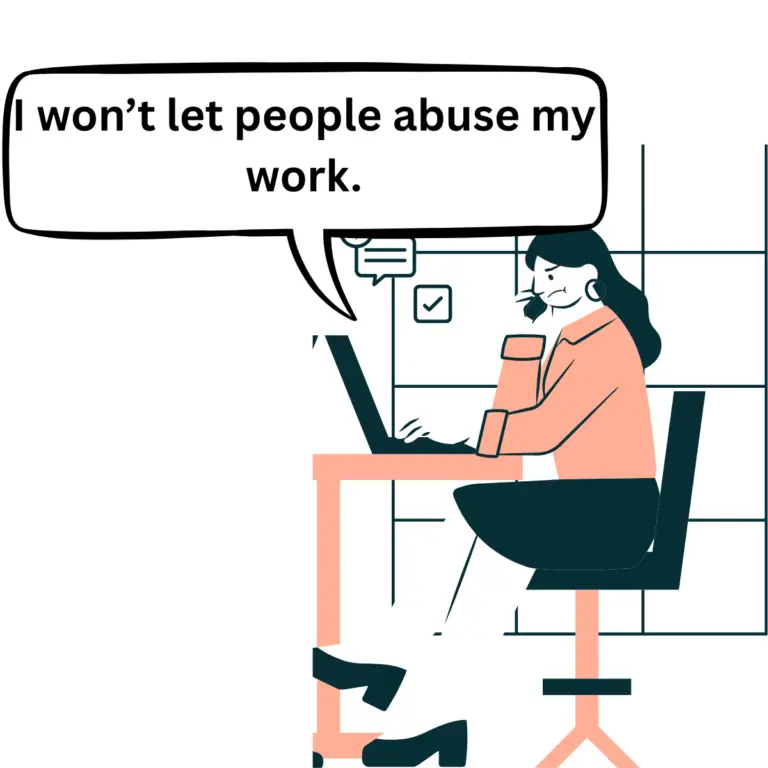
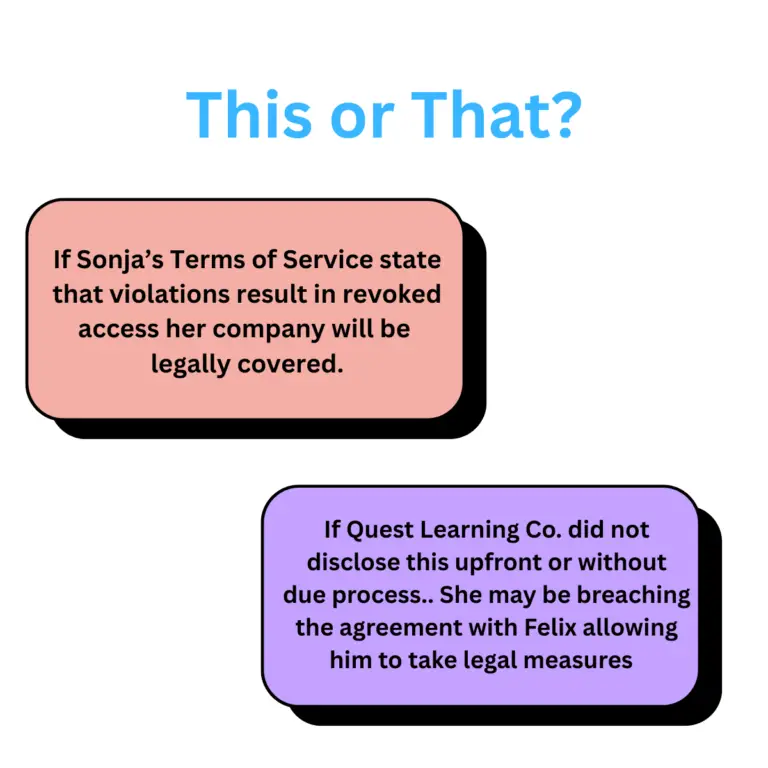

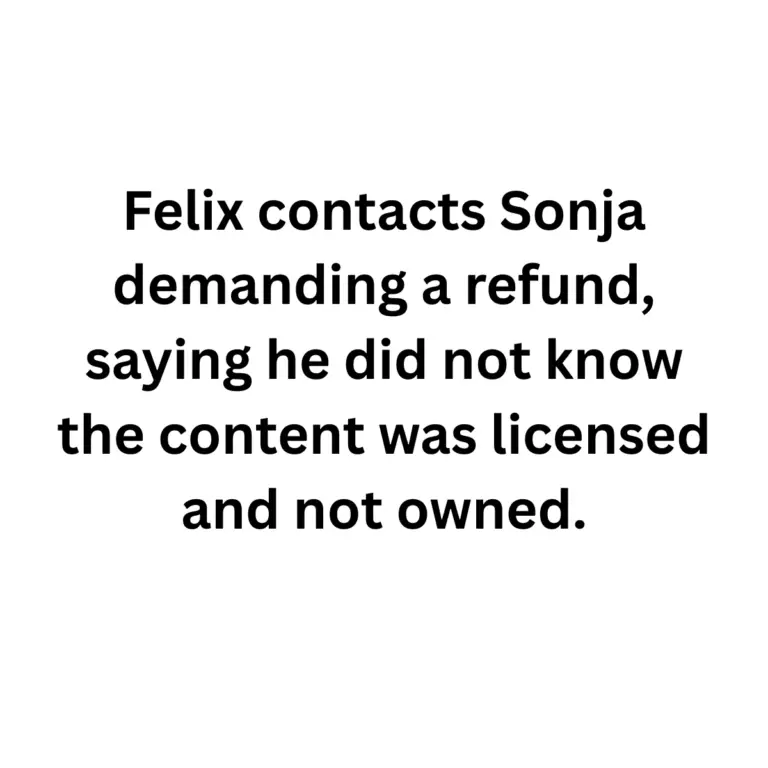
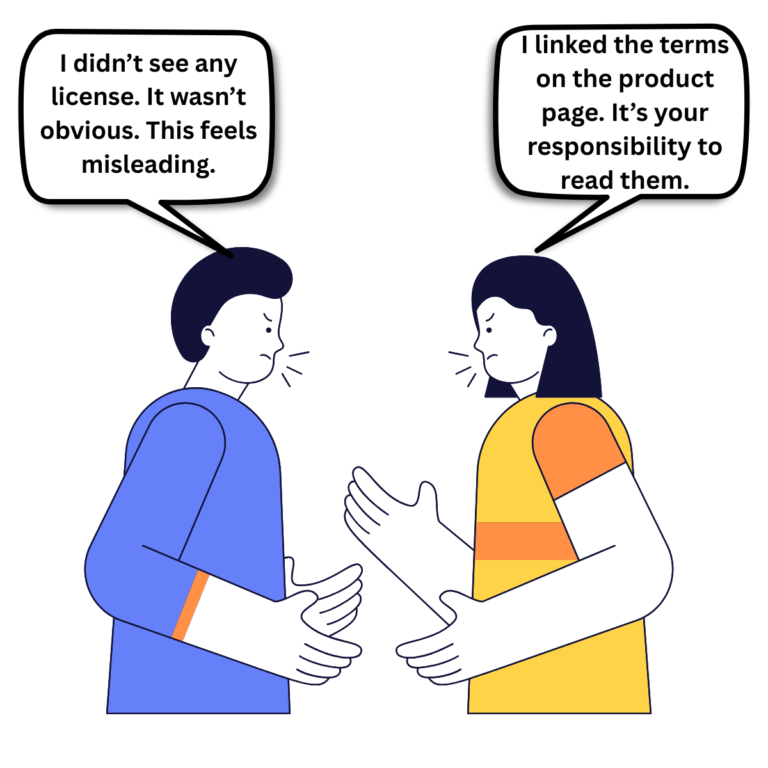
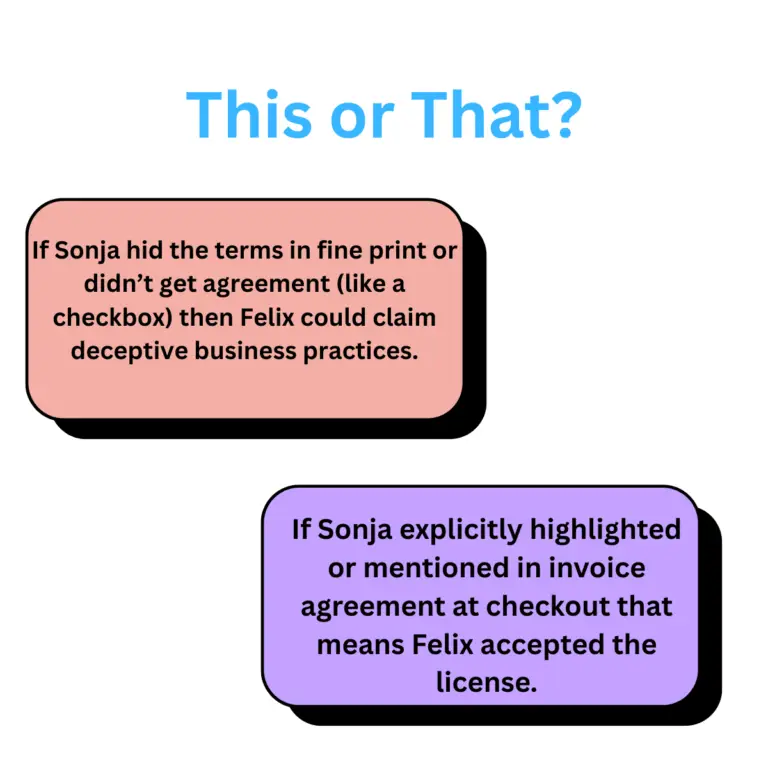
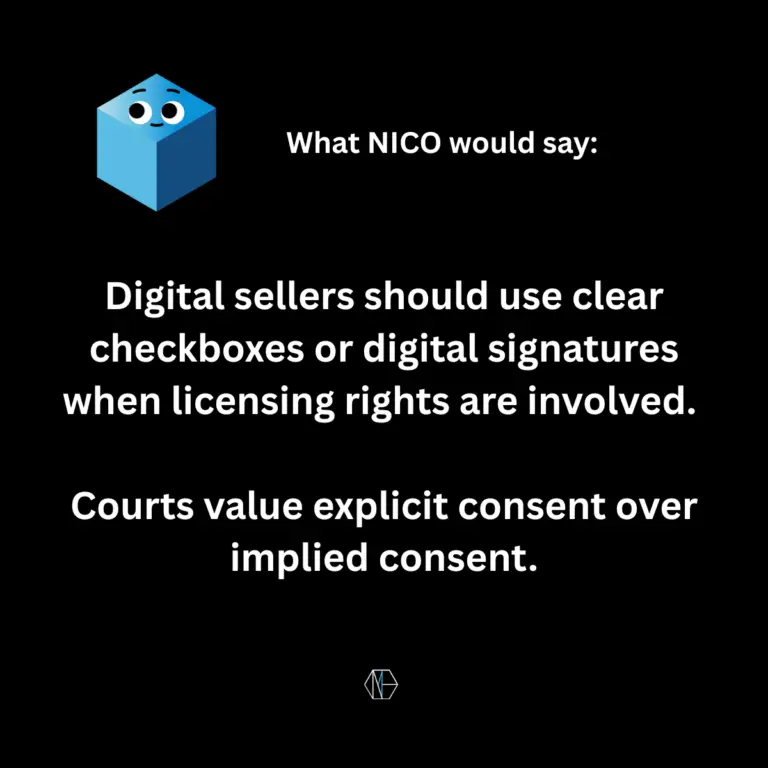
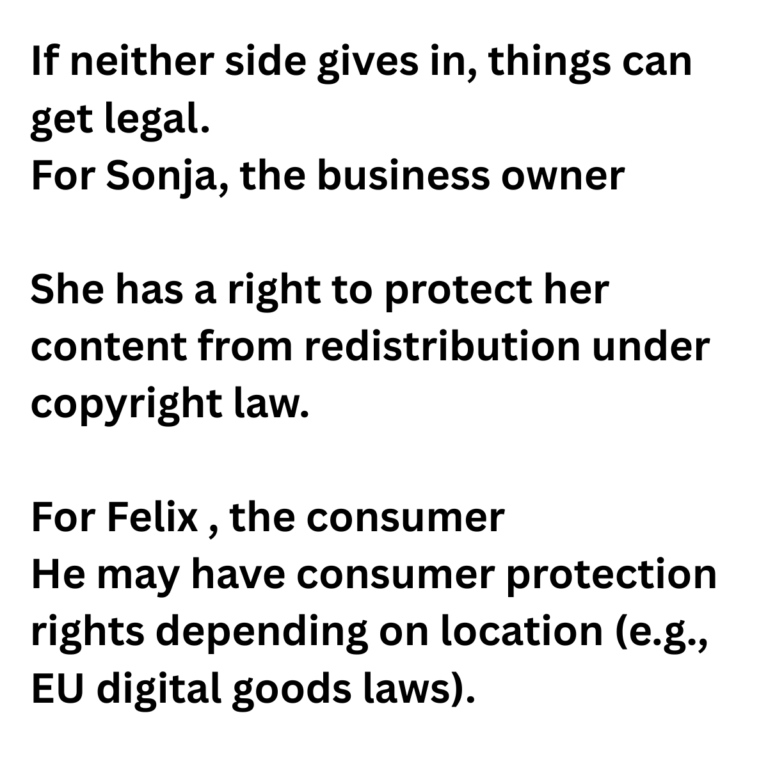
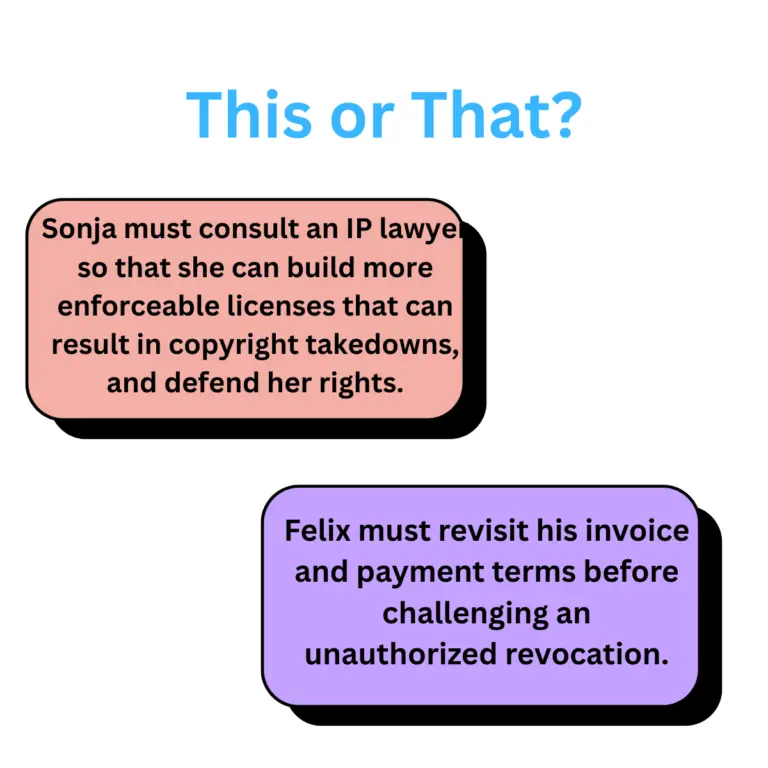
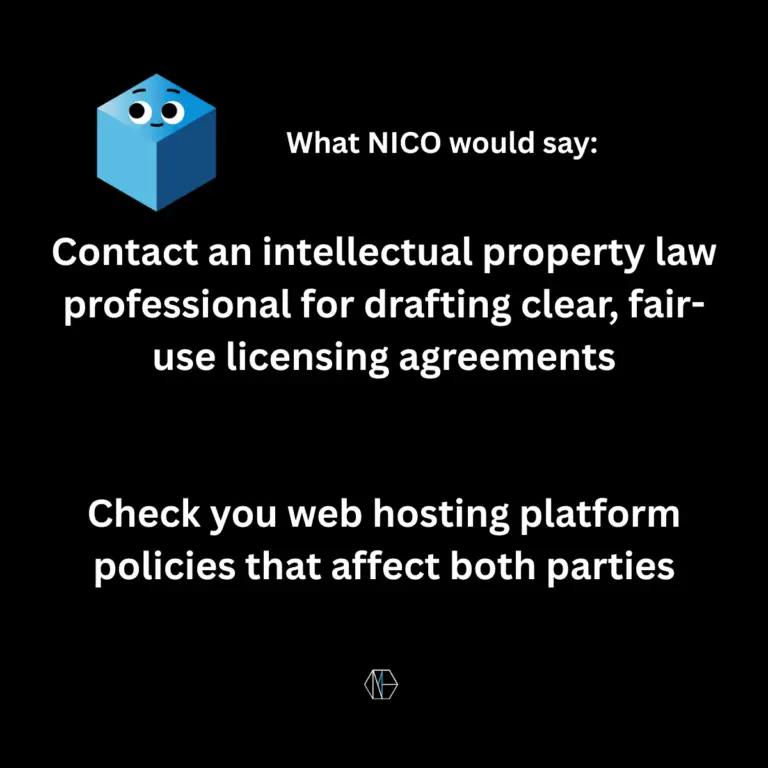
Licensing vs. Selling: Why Licensing Is Better for Business
Most digital transactions today are licenses, not outright sales—and that’s a good thing for your business. This allows you to retain ownership while maximizing monetization and protecting your IP. Yet, ambiguity is your enemy. If your content ends up on piracy sites, or a customer demands an ownership on accords of malpractice then it will clearly work against your business’s reputation and product . Hence, clear licensing terms are your first line of defense.
READ MORE : The IP Mistakes Startups Make and – How to stay safe
For Consumers – Avoid These Common Mistakes
1. Re-Selling Without knowing about IP Ownership
If you’re reselling or re-uploading content (e.g., plugins, design assets, music), make sure you have the appropriate license to do so. Don’t assume public or prepaid = free to own.
2. Mislabeling Licenses
Royalty-Free, doesn’t mean it’s free to use however customers want. Check for clear definitions about what are terms of use for your purchased license. These includes commercial rights, modification rights, etc.
2. Ignoring Legal Compliances as a distributor
If you are re-distributing digitally licensed content or re-selling them to collect customer data, integrate third-party APIs, or sell internationally etc. Then you must comply with data privacy legal policies basis your geography . These include GDPR, CCPA, or export laws.
Consult our Technology legal advisors Here.


